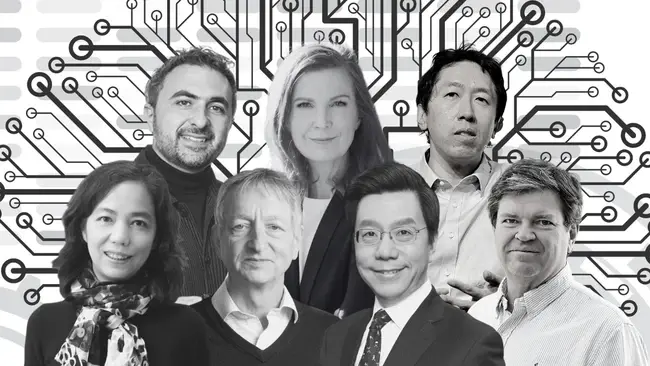Artificial intelligence (AI) is emerging as one of the most important technologies of our time. From critical breakthroughs in deep learning models in the early 2010s to the rise of generative AI with the launch of OpenAI’s ChatGPT, the tech is shaping the future of society as we know it and paving the way for innovations once thought to belong in the realm of science fiction.
Microsoft has invested over $11 billion into OpenAI as it hones in on integrating the technology into Microsoft products and services, while Google is moving vast amounts of resources towards AI departments, issuing “code-red” in a bid to defend its long-standing dominion on the search market and launching Bard, then Gemini to enter the race.

According to Fortune, big tech will invest over $50 billion into AI development in 2023 alone. And by 2025, it is predicted that the technology will permeate every aspect of our daily lives.
While the shift into an AI-wired society appears to be approaching swiftly, the development of AI technologies has not happened overnight.
Instead, it has taken decades of research, experimentation, and innovation to get to where we are today. And, at the heart of this progress are the AI leaders who have dedicated their lives to advancing the field.
Top AI Leaders
In this list, we’ve compiled ten of the top AI leaders in history, spotlighting how their achievements and innovations have paved the way for the AI revolution.







Comments ( 0 )